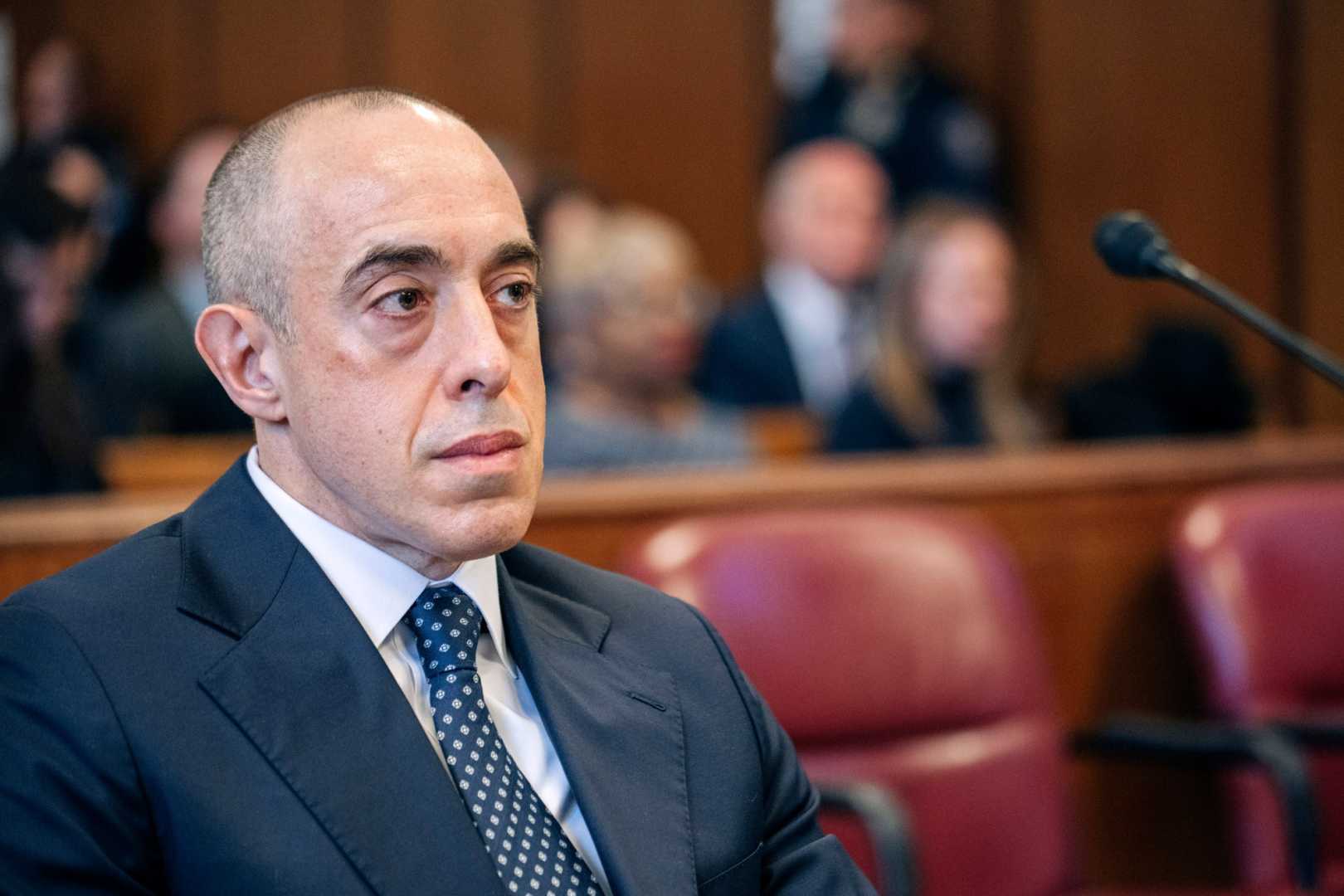Politics
Trump Official’s Shift on Jan. 6 Investigations Raises Eyebrows

WASHINGTON, D.C. — Emil Bove, a former attorney in the Trump administration, has come under scrutiny for his evolving stance on the January 6 Capitol riot investigations. Initially playing a key role in prosecuting those involved in the riot, Bove is now overseeing efforts to critique and potentially purge officials associated with the investigations.
Bove, who currently serves as the acting deputy attorney general, was instrumental in the early phases of the FBI‘s crackdown on rioters from the New York area following the violent attack on January 6, 2021. He helped lead efforts in the U.S. Attorney's Office for the Southern District of New York to file charges and gather evidence against participants in the riot. Today, however, he faces accusations of hypocrisy from former colleagues who worked alongside him during that time.
“At no point did I ever hear him or anybody else express concern about these investigations and these arrests that we were making,” said Christopher O'Leary, a former counterterrorism official at the FBI. O’Leary’s remarks underscore the stark contrast between Bove’s previous commitment to accountability and his present denunciation of the ongoing investigations.
After leaving the U.S. Attorney’s Office approximately a year after the Capitol riot, Bove moved into private practice and has since returned to a prominent role in the Trump administration as acting deputy attorney general. During his recent tenure, he has initiated significant personnel changes, which some interpret as an effort to dismantle the investigations into the Capitol riot, as well as the FBI personnel involved.
Bove’s actions included shifting senior attorneys from his department to a new office handling immigration cases. Additionally, he has terminated numerous prosecutors who played critical roles in the January 6 investigations, a move that some indicate signifies a broader attempt to diminish the scope of accountability for the insurrection.
In a memo addressing his staff, Bove labeled the hiring of new prosecutors during the Biden administration as a “subversive” act that impeded efforts to implement Trump’s agenda. He also requested a list of FBI agents involved in January 6 investigations, raising concerns about potential retaliatory measures against those who undertook legal actions against Capitol rioters.
“I’m really surprised and disappointed by his actions,” O’Leary expressed, reflecting a sense of betrayal felt by some former colleagues who once respected Bove. He stated that Bove’s current directives pose risks that could affect agents who conducted investigations under standard operating protocols.
Bove’s previous role involved overseeing vital aspects of the investigations, including case oversight and coordination with the FBI. New insights from former colleagues reveal that Bove had provided strong encouragement to prosecutors to pursue cases relating to the Capitol riot vigorously.
As Bove faces criticism for his current actions, he maintains that FBI employees who acted professionally during the investigations should have nothing to fear. In a communication to FBI staff, he reiterated that only those who acted with ulterior motives or deviated from departmental orders would face repercussions.
The issues around Bove’s transition from supporter of the January 6 investigations to a critic of ongoing proceedings illustrate a complex and alarming shift in the Justice Department’s handling of corruption and insurrection-related cases. While Bove’s past actions contributed to a thorough inquiry into the Capitol riots, his current pushback raises significant questions about the future of accountability in such crucial matters.












